WHEN KEEPING IT REAL GOES WRONG: BLACK PEOPLE’S DILEMMA OVER DWAYNE HASKINS
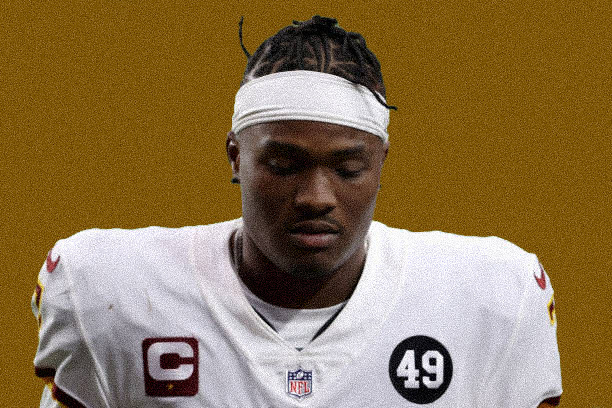
Here is the deal: The NFL, a league with 70% Black players, maintains a level of racism, racist stereotypes, and systemic white supremacy. Very much in the same vein as the United States of America. One of those racist stereotypes is that Black athletes don’t have the mental capacity to play quarterback in the NFL; another is that Black coaches are less capable of being successful head coaches. I won’t even mention the plight of Black front office personnel, or the lack thereof. These stereotypes are entrenched in the culture of the NFL, even if recent history indicates that Black QBs are more universally accepted. Last week, 9 of the 32 starting quarterbacks that took the field were Black (10 were people of color).
Unlike the NBA, which is compiled of 81% Black players, the NFL is not a player’s league. The NFL is driven by their brand (aka the shield) and their teams, rather than by their star athletes: the Green Bay Packers will always be bigger than Aaron Rodgers; the Chiefs will always be bigger than Pat Maholmes (arguably the league’s most popular player). This league-first focus allows the NFL owners, none of which are Black, to have complete control over the league itself, and its majority Black players.
This brings me to my lifelong favorite NFL team: The Washington Football Team (WFT), their troubled and morally reprehensible owner Daniel Snyder, and the recent release of former 1st round draft pick, second-year quarterback, Dwayne Haskins. WFT released Haskins this week after what can only be called a disappointing two seasons (just under two seasons actually).
As a fan that has watched every game Haskins has played in, it was clear that he was not the team’s franchise quarterback. Haskins may not be an NFL quarterback at all. He wasn’t just bad in the games he played in this year, he was awful. Haskins played in 15 games over two seasons, compiling a Total QBR of 29.4 — the league average during that time was 63.5. He threw 12 touchdown passes to 14 interceptions. And worse than the statistics, he consistently missed progressions, took sacks when he didn’t need to, and threw interceptions at the worst possible times. Then came the stories of him not preparing in practice, not studying film, and, most recently, violating the team’s COVID protocol. Let’s face it, the writing was on the wall for Haskins to be fired.
The funny thing is that despite all of this: the disappointing on-field play, the poor preparation, even the viral COVID violation, a lot of people, me included, feel torn about Haskins’ firing.
But why? Why, despite all of the facts, am I torn over the Haskins release?
It’s because Haskins is a 23-year-old Black quarterback in the NFL. At one time, not too long ago, he seemed to have a ton of potential. He plays for a team and a league that has a history of mistreating young Black quarterbacks. Now is a good time to point out that one of the first tweets in support of Haskins following his release came from Robert Griffin III, another once heralded Washington QB who found out (the hard way) that the NFL stands for Not for Long, especially for starting Black quarterbacks.
Wishing the best for @dh_simba7
— Robert Griffin III (@RGIII) December 28, 2020
You are only 23! Learn from this and bounce back
I’ve had a number of conversations about Haskins, following the WFT’s loss to the Panthers on Sunday, and his release on Monday. Most of my conversations varied from disappointment in the former Buckeyes standout to outrage at Snyder and the organization. I’ve heard everything from he brought it on himself to Washington has been jerking Black QBs since Doug Williams.
What stands out to me is the uncertainty of Haskins’ future. And that the uncertainty is rooted in race. Black QBs don’t get as many chances to succeed. I have no doubt that Carson Wentz, the now benched QB of the Philadelphia Eagles, will get another shot to start in the league. I don’t have the same confidence that Haskins will receive another opportunity to play.
Haskins uncertainty represents the anxiety that Black people feel in nearly every aspect of American life. Last hired, first fired anxiety. Our first shot is often our only shot. On average, white entrepreneurs fail 3.8 times before succeeding. I couldn’t find a credible source with the same statistic for Black entrepreneurs, but I’m guessing it’s a lot like those NBA lottery picks: one and done. Not to mention all of this is happening under an owner that if he were in Congress he would definitely be getting censured for his misconduct and poor stewardship. To date, Snyder hasn’t been held accountable for his errors, but Haskins most certainly has been.
So what now? I don’t know what will happen to Haskins. He tweeted the right statement following his release.
Statement from former WFT QB Dwayne Haskins: pic.twitter.com/EKtQzvkmNL
— Adam Schefter (@AdamSchefter) December 28, 2020
I’ve told my friends that he needs to do a Full Dungy: Call the beloved former coach, current NBC studio analyst Tony Dungy, who has a history of restoration projects, work with the best QB coaches all off-season, and use Athletes First (Haskins’ Sports Agency – the second most powerful NFL agency in the world) and their number one agent, David Mulugheta, who represents Haskins, to find any opportunity to put him on a roster. Do all of that and hope that the league has a short memory.
That’s a lot, right?
The challenge for Black fans is that this is the norm. That’s what’s expected. And we know it’s messed up.
Do you know what Carson Wentz has to do this off-season? Talk to the coach, GM, and his agent, and see what teams want to give him a job. That’s it. Haskins hasn’t had Wentz’s career, but I’m certain he will have to do a lot more to get another shot.
This is life in the NFL for Black quarterbacks, and this is life in America.
photo credit: Christian Petersen, Getty Images


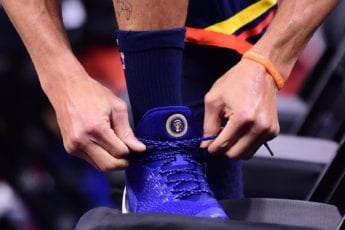
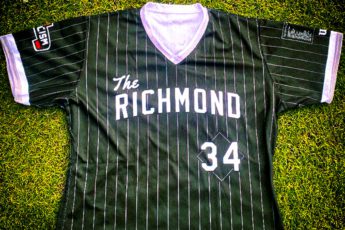
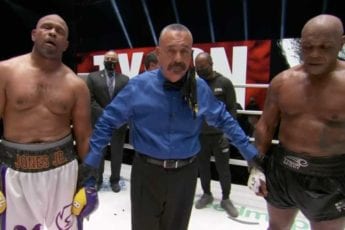


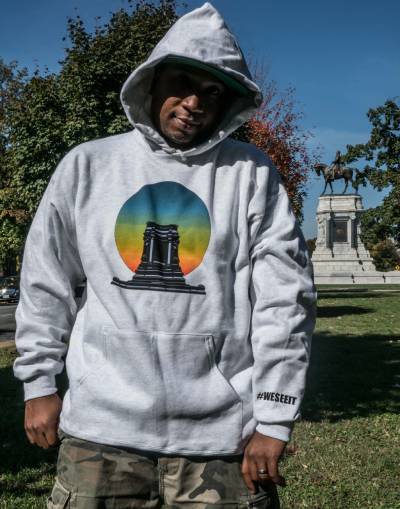 The Cheats Movement is dedicated to hip-hop culture, politics, and community activity. We see our community different than most, therefore, #WESEEIT
The Cheats Movement is dedicated to hip-hop culture, politics, and community activity. We see our community different than most, therefore, #WESEEIT
Leave a Comment